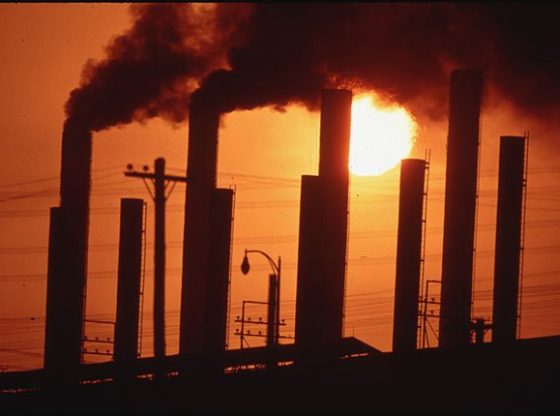Japan’s Nippon Steel has inched closer to buying Pittsburgh-based U.S. Steel now that the U.S. company’s shareholders have approved of the Dec. 18 acquisition offer. Only Washington stands in the way.
On April 1, Sen. Sherrod Brown (D-Ohio) became the first to send a letter to President Joe Biden about Nippon. He asked him to review a report by a business intelligence firm called Horizon Advisory that outlined Nippon’s 9 joint ventures in China. For Brown, those ties represent a conflict of interest for the U.S., as Nippon’s partners of course supply steel to Chinese defense contractors, many of whom face capital market sanctions. Nippon owning U.S. Steel means a leading U.S. based primary steel producer also sells steel to sanctioned Chinese entities. Will Washington see that as a reason to kill this deal?
Brown’s letter received plenty of coverage in the financial press. Reuters and the Financial Times both covered it. But roughly two weeks later, shareholders ignored it and voted to approve Nippon’s bid.
This isn’t a Democrat-in-steel-states issue, necessarily.
Sen. Marco Rubio (R-Fla.), hardly a steel-state senator, was the first to go against it. He was joined by Sens. J.D. Vance (R-Ohio) and Josh Hawley (R-Mo.) urging in a letter to Treasury and its Committee on Foreign Investment in the United States (CFIUS) to kill the deal.
Pennsylvania representatives, led by Democratic Sen. Bob Casey, also wrote to Treasury Secretary Janet Yellen. In both letters, A-list Democrats and Republicans argued that a foreign company owning a historic American steel company, initially created by J.P. Morgan, was a national and economic security matter.
This deal comes at a bad time for Biden.
The U.S. Steelworkers Union (USW) largely opposes the deal because it believes Nippon will close U.S. Steel’s old blast furnace facilities in three states. Nippon’s first offer was only for U.S. Steel’s newest plants, which make steel via electric arc furnaces (EAF) rather than those old traditional cauldron style blast furnaces that look like liquid sunshine being poured into a steel plate. Japan has been closing blast furnaces at home, and has a $2.2 billion investment in an EAF steel mill with its Mexico JV partner Ternium, announced in February 2023. This is the direction they want to go in, Nippon said, despite promising not to close any blast furnace mills. The U.S. Steelworkers union isn’t convinced and that has them in a panic.
Unions are still considered important to the Democrats so unless they can convince USW to agree to the deal, I suspect CFIUS will be asked by the White House to wait until after November.
In a very short statement on the matter, Biden sided with USW and threw shade at Nippon on March 14.
“It is important that we maintain strong American steel companies powered by American steel workers. I told our steel workers I have their backs, and I meant it. U.S. Steel has been an iconic American steel company for more than a century, and it is vital for it to remain an American steel company that is domestically owned and operated,” Biden said.
U.S. Steel is one of the remaining big three steel companies in the U.S. Nucor is the leader and Cleveland Cliffs comes in second. Most of the world’s top steel producers are Chinese and Japanese.
Some may say that Nippon is already here with 9 JVs just like in China, so why not let them expand? Nippon does not produce raw steel. They have to source steel sheets and slabs from domestic producers or import it in order to make whatever it is they are making.
Arcelor Mittal made steel here. No one complained about foreigners then.
True, but Arcelor Mittal was never charged with dumping product into the U.S. Nippon Steel has, and at great expense to local competitors, with at least 10 cases ruled against them since 2014.
Trump said he would block the deal if elected president. His former Commerce Secretary, Wilbur Ross, did his best Rachel Maddow impersonation and wrote in a WSJ op-ed that opposing the Japanese steel deal was “xenophobic”.
U.S. increasingly no longer leads in any key industries, old or new. We are the biggest economy, but we don’t have a top 20 steel producer. We are into solar; we have one in the top 10. We love EVs; we don’t make EV batteries. We created social media; TikTok is No. 1. We were first to fly; Airbus now beats Boeing.
Japan has been on Washington’s side in fights against China, including steel overcapacity. Washington might concede that if U.S. Steel wants out of the market, and no Americans want to buy it (they do, but that’s another story), it might as well go to Japan. Even if the very company buying it has spent the latter part of a decade tripping up U.S. steel producers whenever it could.












